The most beautiful words to praise a beautiful land in this world, perhaps people all attribute to the most famous destination in China - Jiuzhaigou.
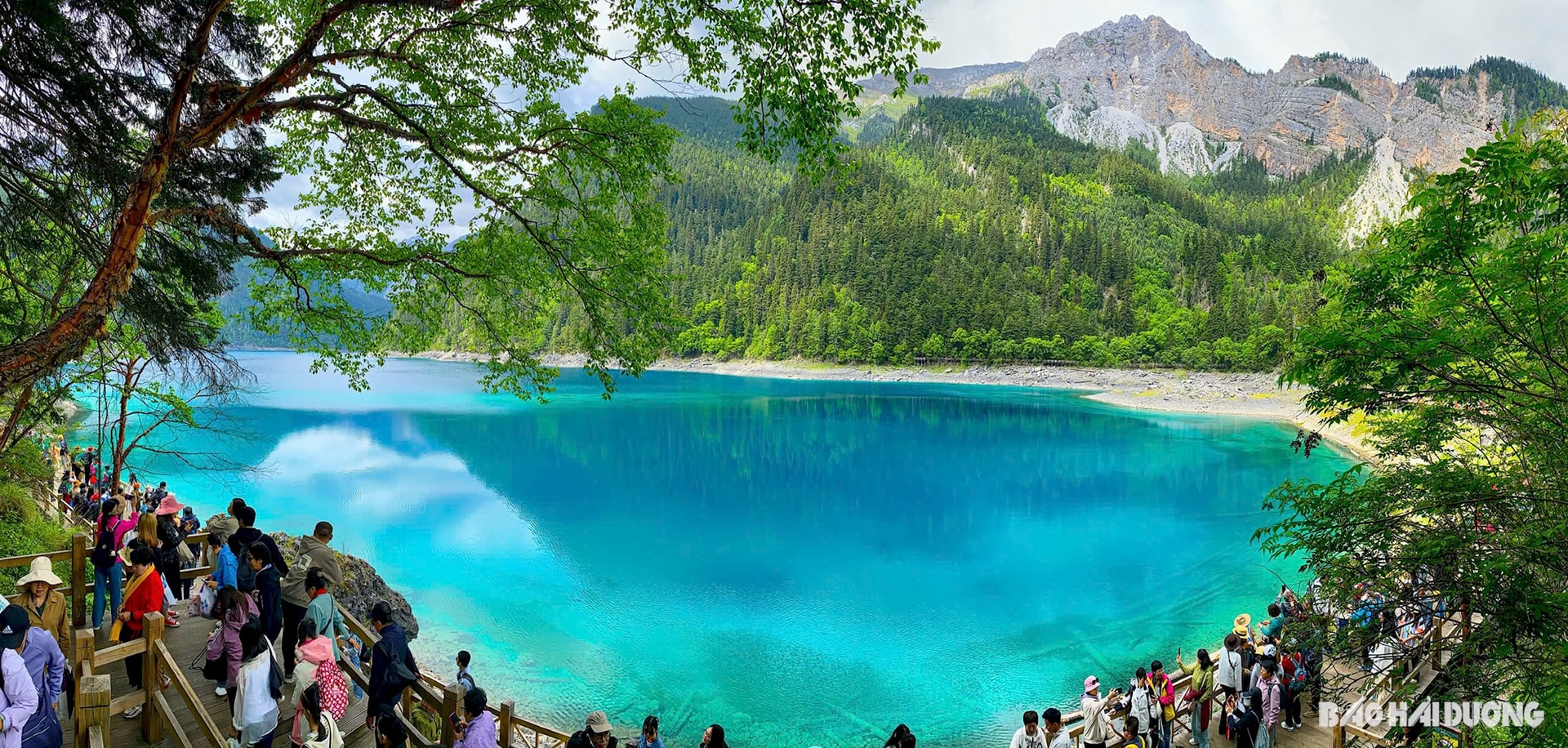
Mentioning Jiuzhaigou is mentioning a “paradise on earth”. The classic beauty of Jiuzhaigou, located in Aba autonomous prefecture, north of Sichuan province (China) - a giant province with miraculous nature, is home to 84 million people.
Currently, this World Biosphere Reserve (recognized in 1997) contributes up to 60% of the local economic revenue. Each year, the “golden goose” of the 9 Tibetan villages of Jiuzhaigou alone attracts nearly 8 million tourists, bringing in a truly enormous amount of money: 1.5 billion USD.
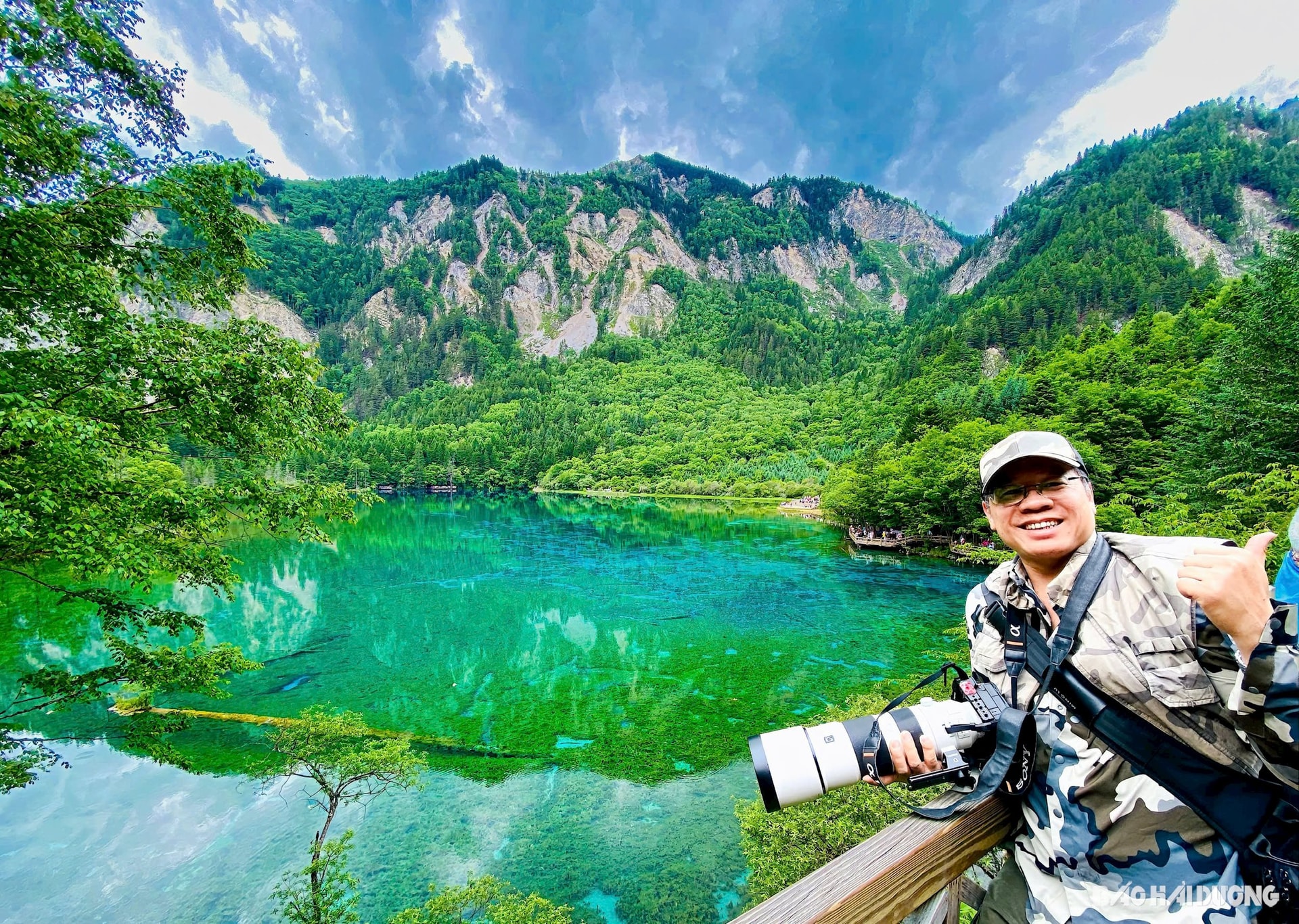
Located on the edge of the Tibetan Plateau (the highest in the world), in the north of Sichuan Province, Jiuzhaigou covers an area of 72 thousand hectares, is the highest-ranked nature reserve in China (level 5A), is a biosphere reserve and has received many other world titles. Moreover, the scenery here is surreally beautiful.
This “paradise on earth” is formed by high-altitude limestone mountains and carbonate rock layers formed by the uplift of the earth’s crust, both by glacial activity and by the miraculous hydrology in general. Because of the glacial effect, despite its high altitude, Jiuzhaigou still has a landscape of many calcified lakes, waterfalls hanging like many lyrical strands of hair pouring from the very white clouds to the yellow mossy bottom.
The land of the beach with the grass, the soft reeds like the fur of giant wild animals, the birds chirping leisurely. In the middle of the green, golden “co reed grass”, is a shimmering green stream crawling (or standing still). Wiggling, dreamy. Science calls it the landscape of the beach of travetine, this name is like an adjective expressing a unique nuance of the beauty of the landscape.
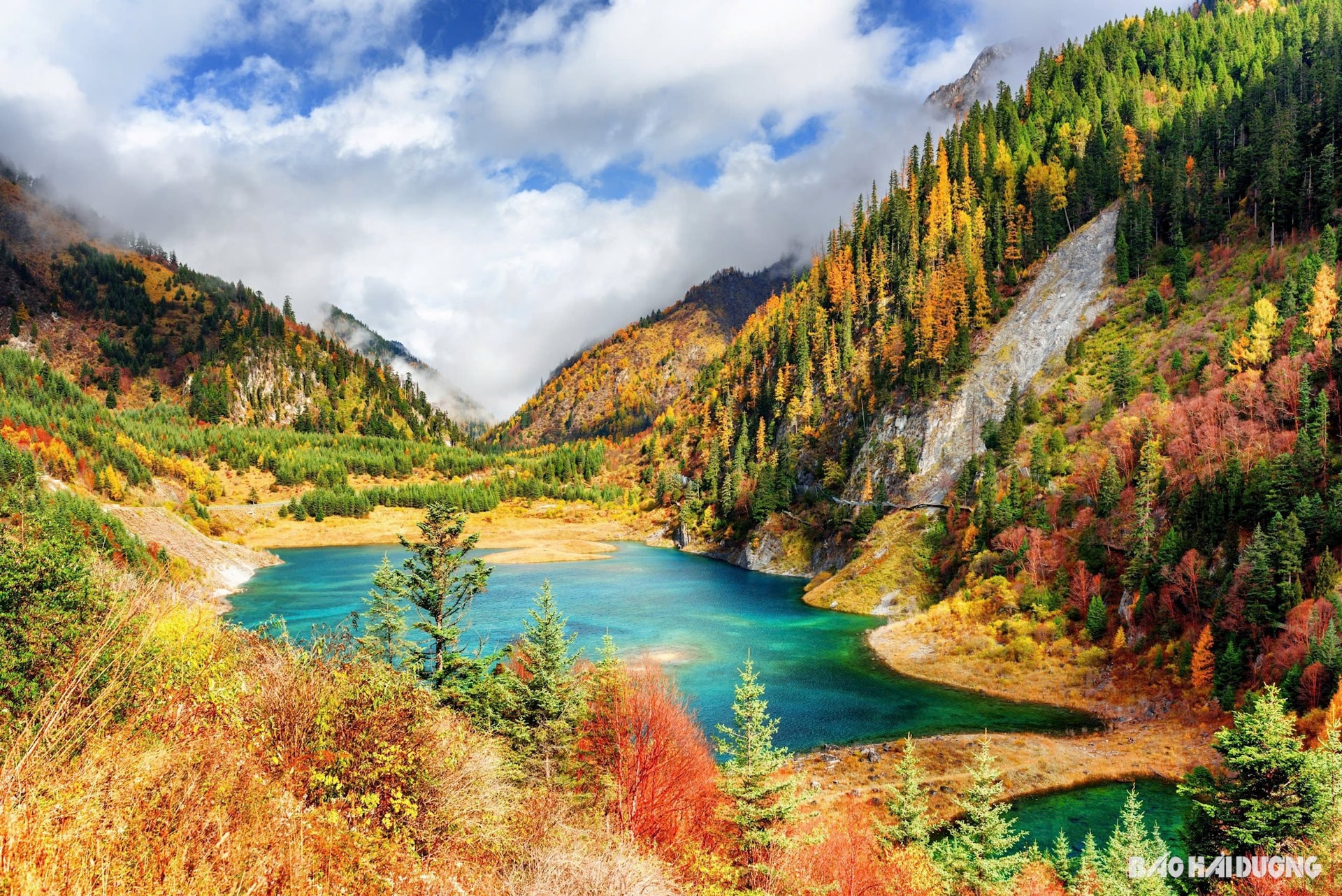
The 72,000-hectare World Heritage Site of Jiuzhaigou includes 108 extremely beautiful sacred lakes that attract millions of tourists every year. With a primeval forest coverage rate of up to 90%, there are enough cordyceps, snow lotus, snow tea, yew, three-headed fir, hanging grass leaves (according to statistics, there are up to 74 species of precious plants protected at the national level of China gathered here); then giant panda (China's national treasure), white-lipped deer, black-necked crane, plum-flowered leopard, red-bellied blue pheasant, wild musk deer (and 223 species of birds)... - the ecological treasure of Jiuzhaigou has been internationally awarded the title "Green Globe 21", a certificate of sustainable tourism development that absolutely respects nature.
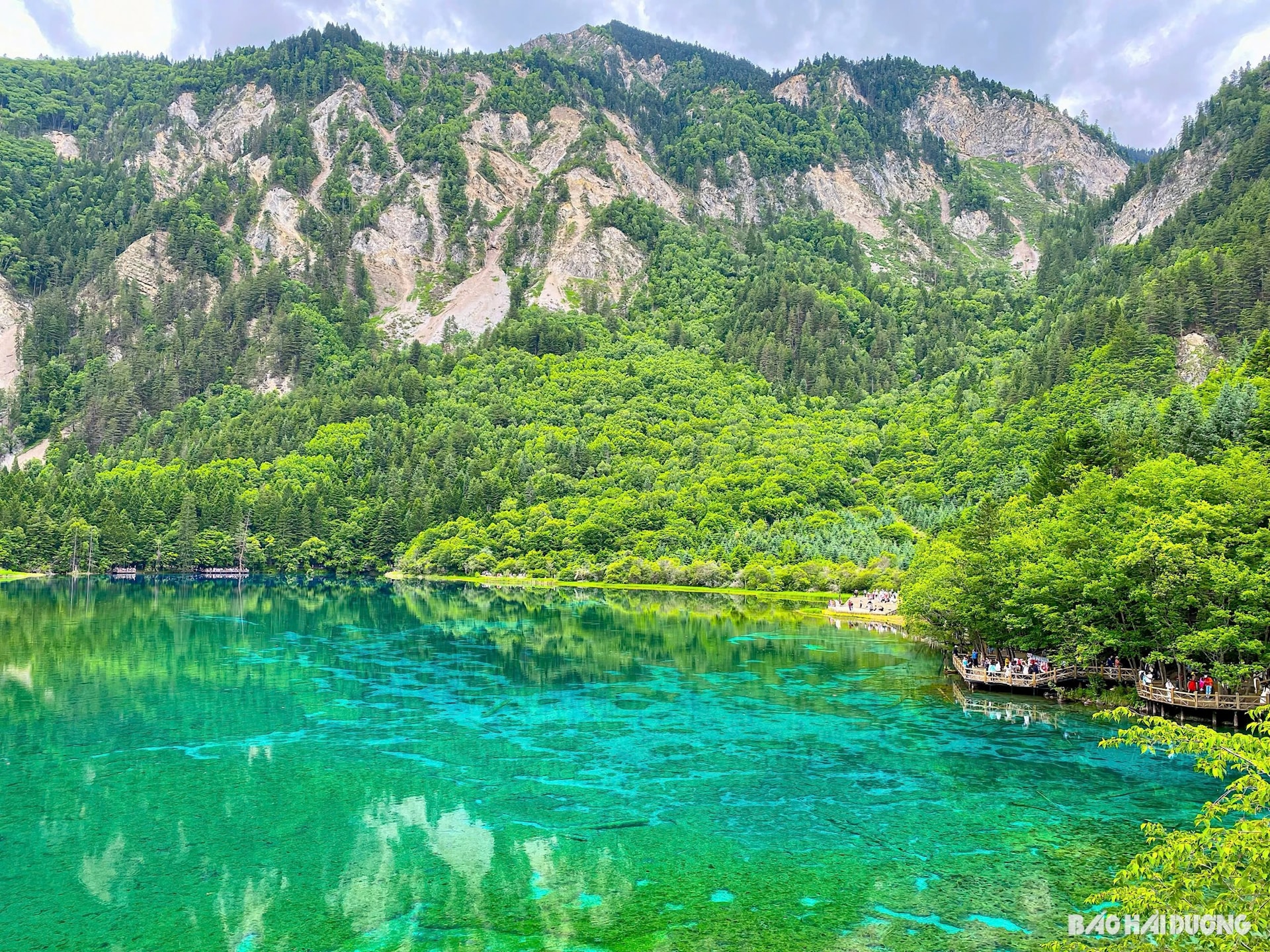
Jiuzhaigou is what it is today thanks to a spirit of respect for nature, delicate souls who know how to be moved by the "gifts of the upper world" and then the "talented" eyes who can look far and wide to promote the heritage, bringing in a huge revenue of 1.5 billion USD/year for 9 Tibetan villages and the whole country of China. Jiuzhaigou was almost completely isolated from the outside world. To the point that, until 1975, the land of the Tibetans and the Qiang people (now more than 70 thousand hectares preserved for the Jiuzhaigou World Heritage) was still only mentioned as the area of nine streams and ten passes used for logging: "entering the deep forest to enrich the motherland". Fortunately, some people who ran the "forest-breaking, river-piercing" teams soon realized the fairy-tale beauty of this place, and the information was reported.
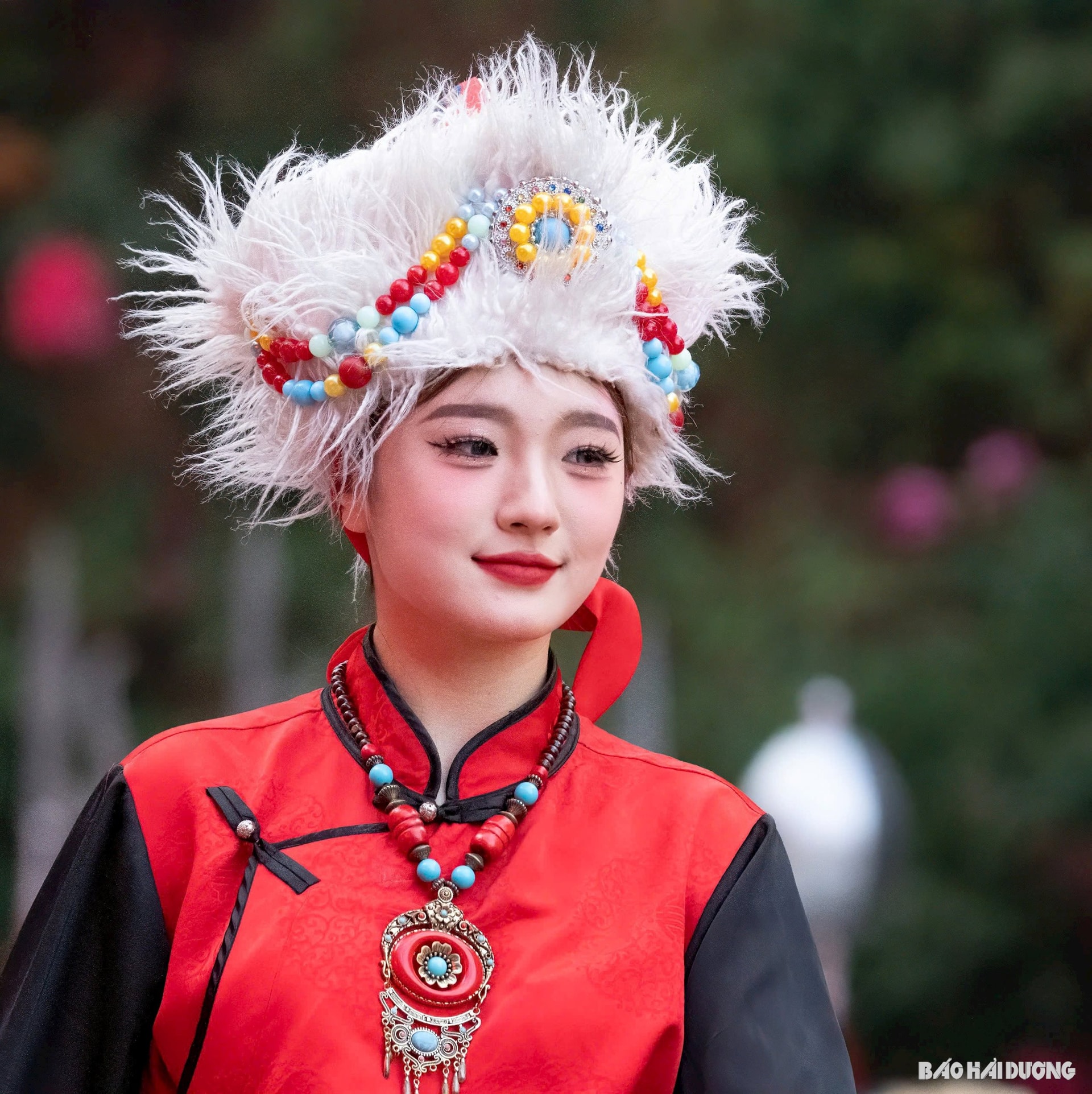
The Chinese government stopped logging in Jiuzhaigou in 1979. And for its time, it was too fast and too dangerous! Just 3 years later, Jiuzhaigou was listed as a National Park of China. Today, this World Biosphere Reserve (recognized in 1997) contributes up to 60% of the local economy's revenue.
Many famous movies were filmed here. Valleys like Shuzheng Gou, Rize Gou, and Zhawa Gou, which are difficult to read, are famous, and people know the names of the blue lakes and the Pearl Waterfalls by heart. Because the famous Chinese movie “Hero” was filmed in Jiuzhaigou!
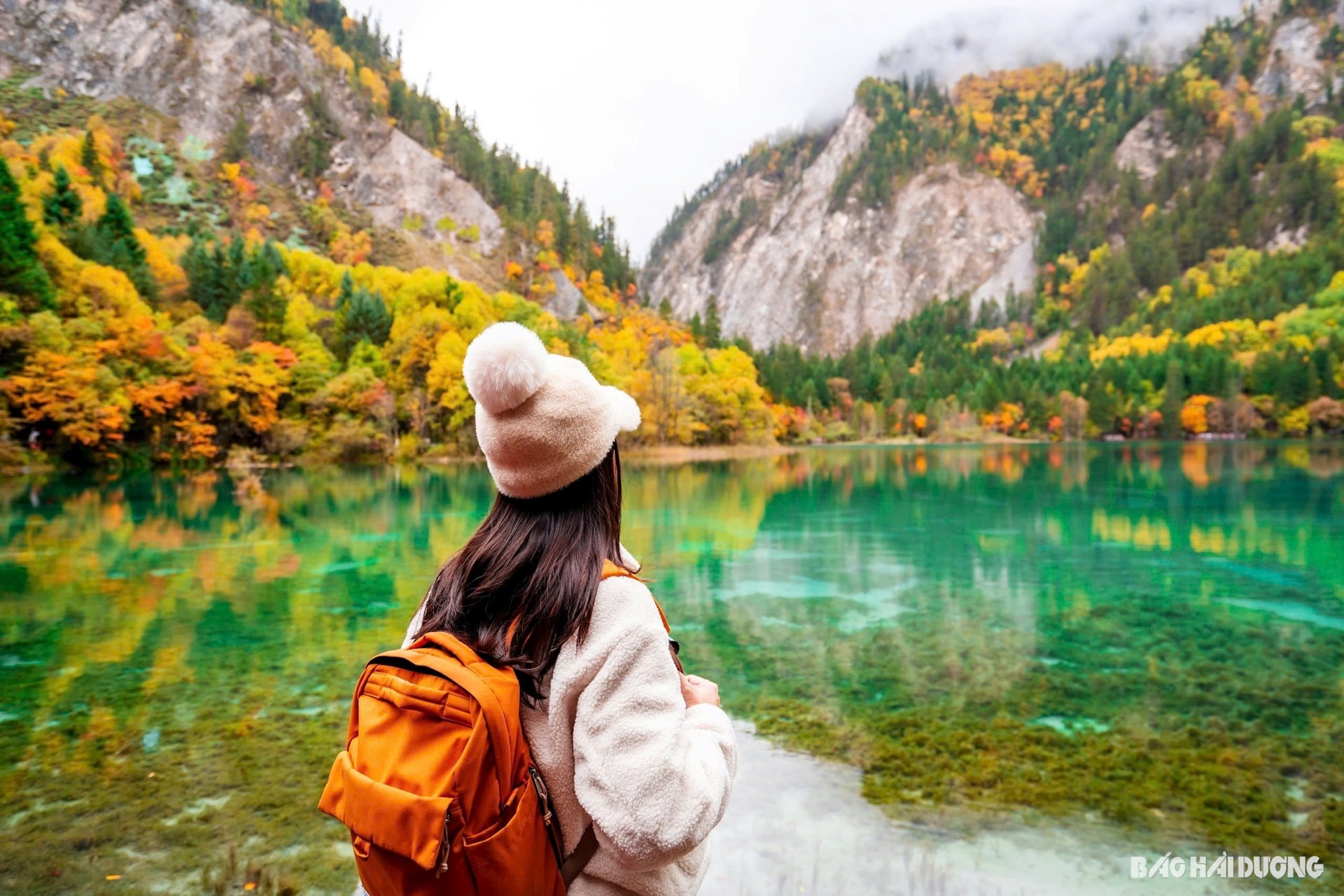
The seven colors of the rainbow are splashed into the sunlight by the waterfall, millions of droplets of water in ivory white jade. The bright and sharp colors on the legendary lake mirrors. The forest leaves change color with the seasons and with each miraculous step of the Sun God. This is Ngu Hai Lake, this is Nac Nhat Lang Waterfall, then Tien Truc Lake, does it sound fun and memorable? What do you remember? Remember the movie "Hero" produced in 2002 by the most famous Chinese director of all time: Zhang Yimou. You may not know Mr. Zhang, but the elite of Chinese cinema gathered in Jiuzhaigou and made the film. There are Jet Li, Tony Leung, Maggie Cheung, Donnie Yen, Zhang Ziyi, Chen Daoming... All the handsome men and beautiful women, all the talented men and beautiful women.
THE WOLF